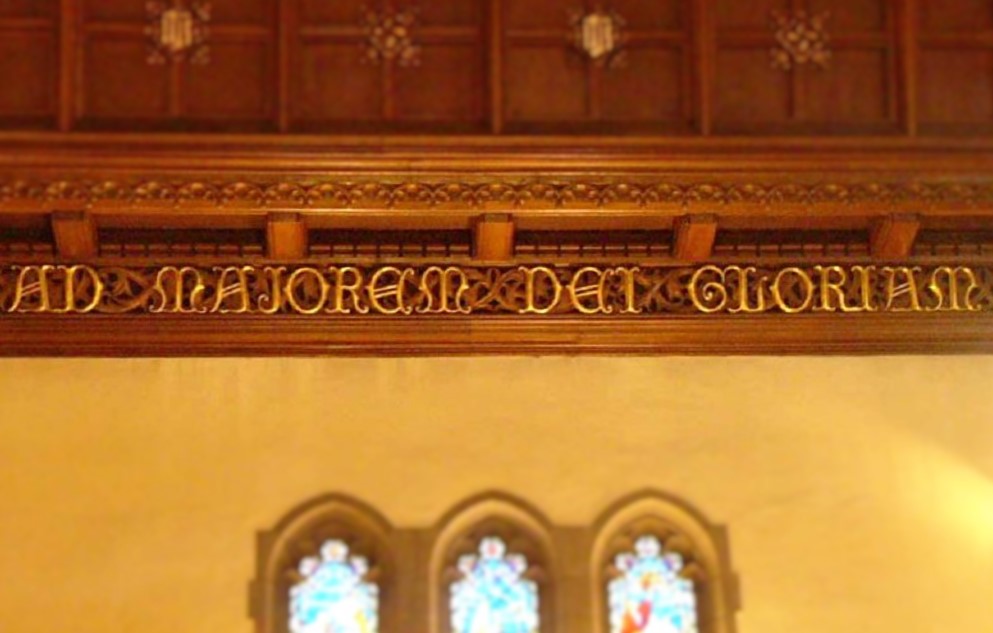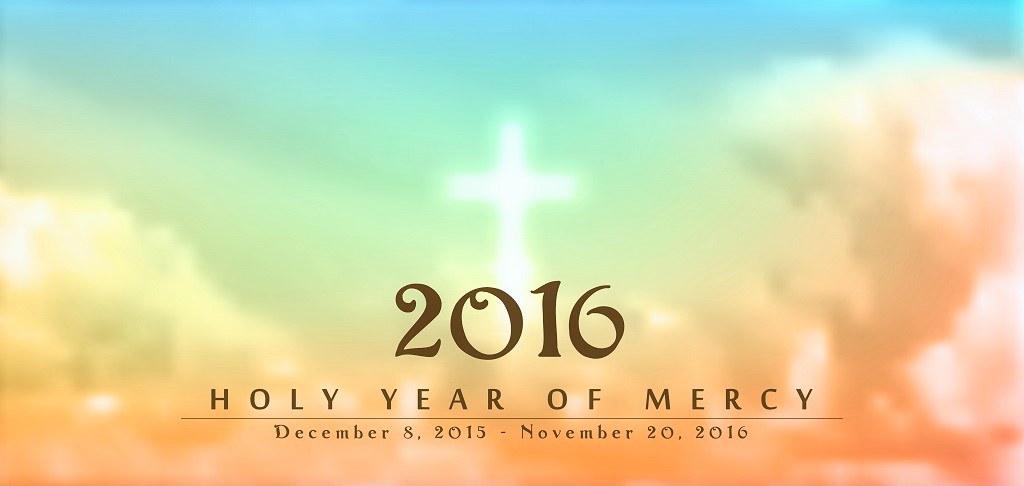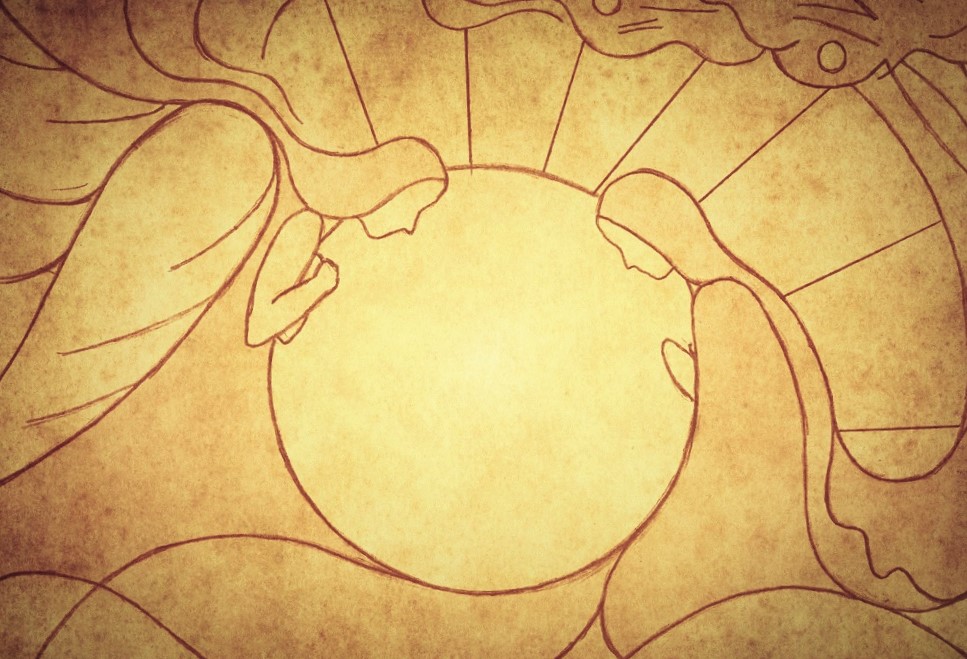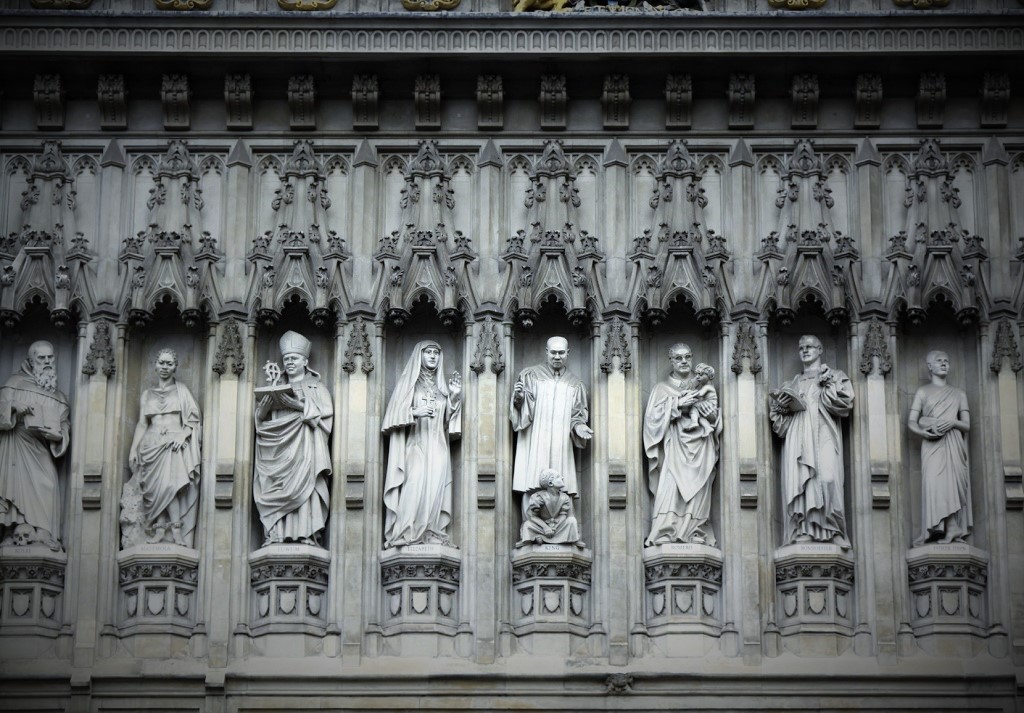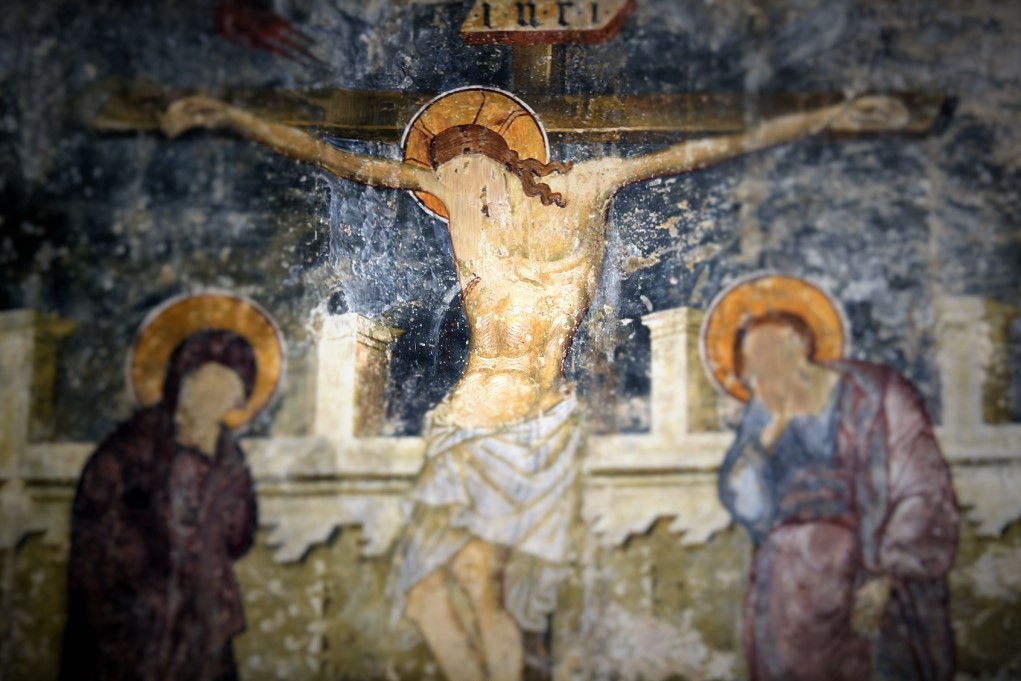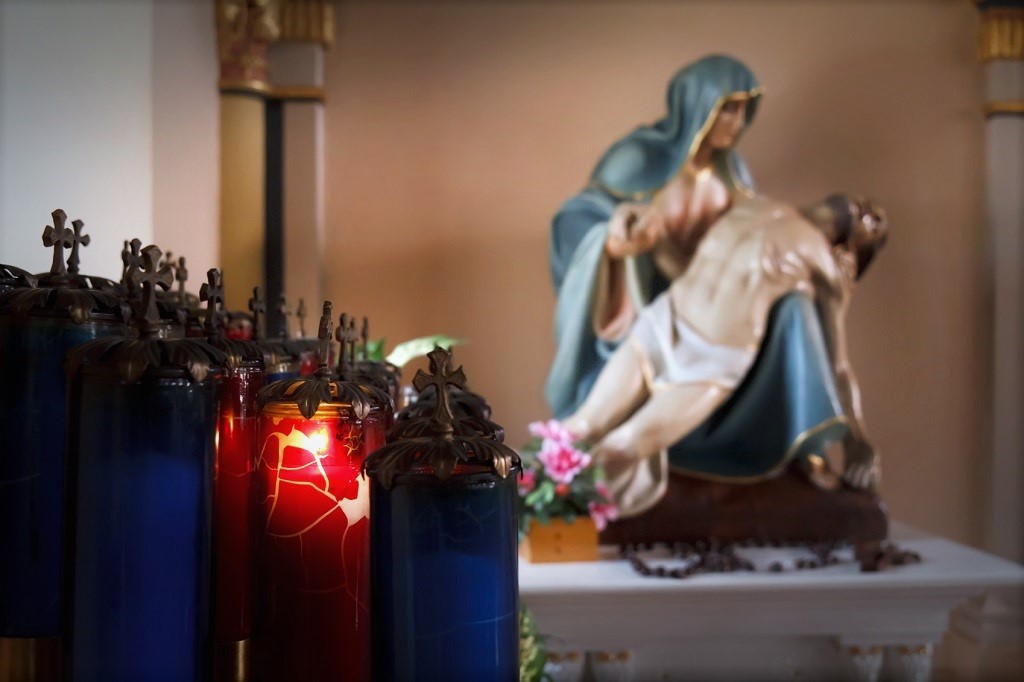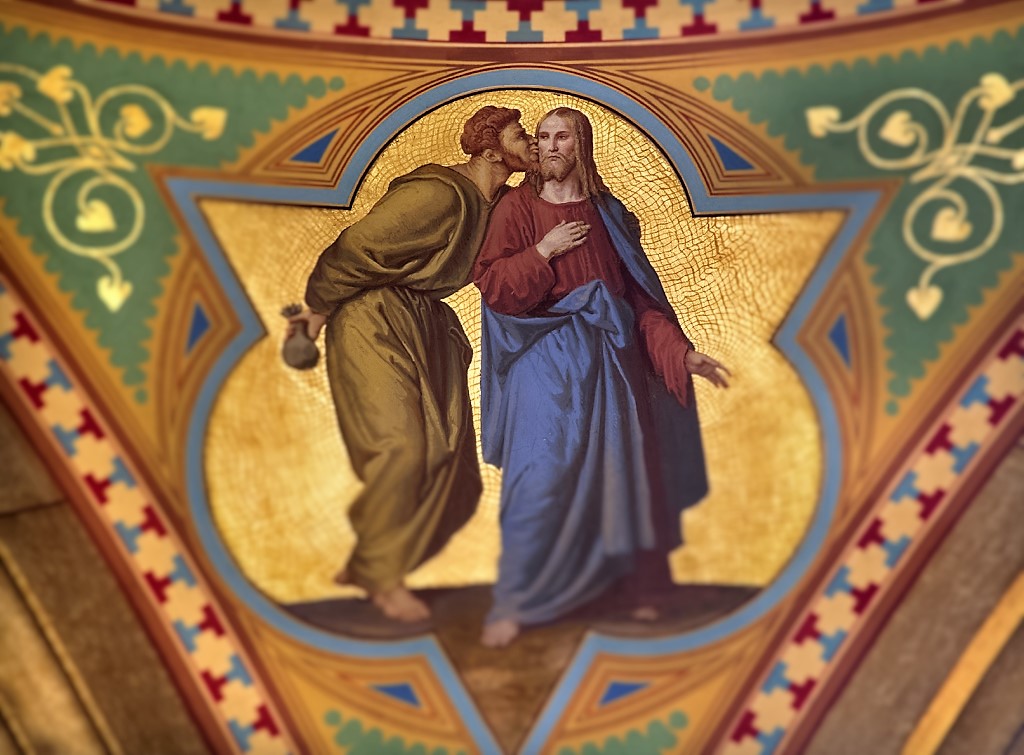Pope Francis has just released his Apostolic Exhortation, Amoris Laetitia, or “The Joy of Love” An apostolic exhortation is a type of letter a pope uses to explain conclusions reached following a Synod of Bishops. While this particular exhortation is far too long to discuss in whole here, we can find a few sections to consider.
Pope Francis reminds us that the family is the “domestic church,” the first place we learn the faith, and where God’s presence is always felt.
A family’s living space could turn into a domestic church, a setting for the Eucharist, the presence of Christ seated at its table. We can never forget the image found in the Book of Revelation, where the Lord says: “Behold, I stand at the door and knock; if any one hears my voice and opens the door, I will come in to him and eat with him, and he with me” (Rev 3:20). Here we see a home filled with the presence of God, common prayer and every blessing. This is the meaning of the conclusion of Psalm 128, which we cited above: “Thus shall the man be blessed who fears the Lord. The Lord bless you from Zion!” (Ps 128:4-5) Para. 15
The Holy Father gives societies and cultures an important admonition: children are not property. While they are under the charge of their parents, children have their own “lives to lead,” and parents are charged with helping their children find that path. In today’s world, we must remember we are not “owed” children nor should children be bought and sold (either through such things as surrogacy or in the more horrible means of human trafficking.)
The pope is under no illusion that families are idyllic. However, we do have a standard we must hold ourselves to as Christians. Pope Francis speaks to this quite clearly:
Against this backdrop of love so central to the Christian experience of marriage and the family, another virtue stands out, one often overlooked in our world of frenetic and superficial relationships. It is tenderness. Let us consider the moving words of Psalm 131. As in other biblical texts (e.g., Ex 4:22; Is 49:15; Ps 27:10), the union between the Lord and his faithful ones is expressed in terms of parental love. Here we see a delicate and tender intimacy between mother and child: the image is that of a babe sleeping in his mother’s arms after being nursed. As the Hebrew word gamûl suggests, the infant is now fed and clings to his mother, who takes him to her bosom. There is a closeness that is conscious and not simply biological… Para. 29
No matter our faith or beliefs, the pope’s words ring true: our world needs tenderness. We need it most especially in our homes, our refuges from a world that can be chaotic, mean-spirited, ruthless and dispiriting. The tenderness of Mary holding the infant Jesus, the tenderness of Joseph as he taught the Child Jesus a trade, the tenderness of Christ as He cared for His earthly parents: all of these should be our icons, our examples, our prayers-in-action within the walls of our own homes.
We will contemplate more of Pope Francis’ apostolic exhortation this week, but for today, let tenderness be our prayer and our manner of being.

